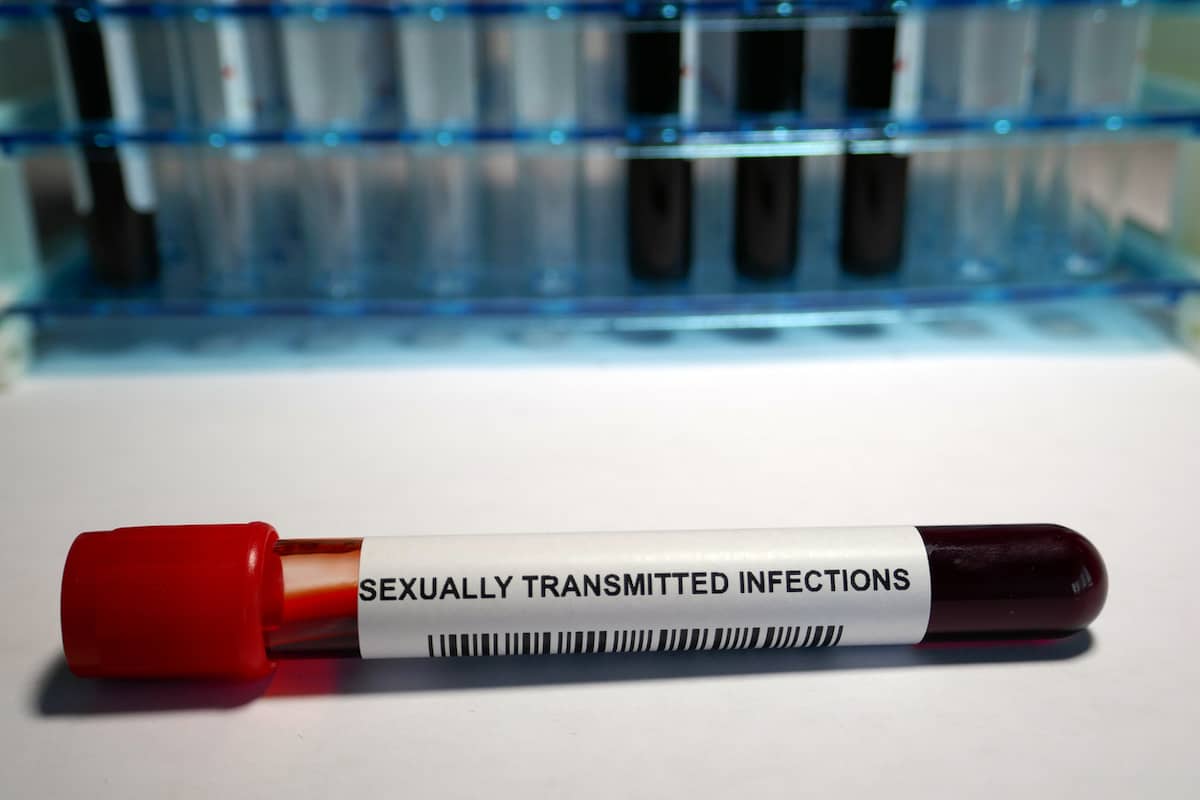The world is witnessing some alarming trends right now – the rates of many sexually transmitted infections (STIs) are soaring. When talking about this phenomenon, most reports focus on some of the most prominent causes of concern – chlamydia, gonorrhoea and syphilis. Unfortunately, these aren’t the only culprits for the troublesome trends. Some rare STDs are also on the rise and one of them is mycoplasma genitalium (also known as M. genitalium).
Mycoplasma genitalium is a sexually transmitted infection that can go undetected for long periods of time. That’s one of the reasons why it’s so easy to spread.
Medical professionals are concerned about another aspect of M. genitalium infections. While the STD is undetected, it can really damage the reproductive tract. Hence, they’re urging for M. genitalium testing to become a regular part of infertility screening.
What Is Mycoplasma Genitalium
Mycoplasma genitalium is a bacterium that can be passed on from one person to another during sexual activity. It can infect the cervix, urethra and rectum.
Because it is a bacterial infection, M. genitalium can be treated with antibiotics. A course of tablets ranging from seven to 14 days can easily clear the infection and prevent it from causing further damage. The problem is that many people don’t get the treatment because they have no idea about the infection.
A large percentage of people, both men and women, will go asymptomatic long after becoming infected with the bacterium. If symptoms occur, they can be rather non-specific – unusual discharge, vaginal bleeding, pelvic pain, testicular pain, discomfort during urination.
Infertility Issues and Mycoplasma Genitalium Infections
Because it affects the urethra and the cervix, untreated M. genitalium infections can impact fertility in both men and women.
The bacterium can cause cervical infection, urethritis and pelvic inflammatory disease. It has been linked to difficulties getting pregnant and other complications like miscarriages and even stillbirth.
Some recent reports suggest that about 20 per cent of sexually active women and 16.5 per cent of men aged 15 to 24 may be infected with mycoplasma genitalium. Those numbers, if proven to be true, are very alarming.
They suggest that M. gentaium infections occur much more often than previously assumed. As such, they could be a leading cause of infertility.
Screening for conditions like chlamydia and gonorrhoea is a common part of reproductive health panels. By detecting such STDs early on, doctors can prevent the serious complications stemming from pelvic inflammatory disease. Hence, calls are being made for the use of M. genitalium screening more frequently among individuals of reproductive age.
A Complicated Scenario
There is one more thing that contributes to the complexity of the situation.
Like other bacteria that cause STDs, M. genitalium is becoming increasingly resistant to antibiotics. Sometimes, it is labelled a “superbug” due to the fact that it will often be unaffected by medicines that used to work some time ago.
Research suggests that M. genitalium is already resistant to azithromycin – the antibiotic that is most often used for the treatment of the infection.
The bacterium can be treated with moxifloxacin. The antibiotic, however, is associated with various side effects. As a result, it is not recommended for administration among pregnant women who want to prevent further complications.
Also, the more frequent use of moxifloxacin today increases the risk of mycoplasma genitalium becoming resistant to this antibiotic, as well.
The instances of untreatable infections are still rare. Still, mycoplasma genitalium is exhibiting an incredible ability to evolve and become resistant to just about any antibiotics that’s being used against it.
All of these factors can turn the STD into a serious health concern in the years to come.
That’s why medics believe raising awareness about mycoplasma genitalium is of vital importance. Many people have never heard about the STD. That is one of the reasons why they wouldn’t consider screening or getting a more comprehensive STD testing panel that covers the condition.
An Emerging Issue That Doesn’t Have to Turn into a Major Health Risk
Healthcare and reproductive professionals have been examining the situation for a number of years now. In 2015, mycoplasma genitalium was called an emerging issue in sexual health. As per statistics, M. genitalium has been detected in about 30 per cent of the recurrent urethritis cases and in 10 to 30 per cent of the clinical cervicitis cases. Up to 22 per cent of the women suffering from pelvic inflammatory disease are also infected with M. genitalium.
There are testing and treatment suggestions that are currently being discussed and that will probably be enforced in the near future. The adequacy of this response will determine whether mycoplasma genitalium is actually going to become a major contributor to fertility issues across the world.

